PIME missionary: Akha tribals' embrace of Baby Jesus (photo)
Mae Suay (AsiaNews) - Hundreds of people dressed in their Sunday best, wearing traditional headdresses, playing traditional gongs and drums to welcome the statue of the Child Jesus, carried in procession to the village church and venerated there. This is the scene before Fr. Valerio Sala, missionary of the Pontifical Institute for Foreign Missions (PIME), every time he visits a village of the Mae Suay mission (diocese of Chiang Mai), in the mountainous north of Thailand.
Fr. Sala has been in the country for six years and for the past four has been in charge of the pastoral care of 29 tribal Akha villages that have no stable priest. "Being alone - he says - I try to visit them all for Christmas, so I started traveling in early December. This year, then, there was also the beginning of the Jubilee Year which is an opportunity to introduce the community to the meaning of the Jubilee Year, and spiritual and corporal works of mercy. "
From December 2015 to 2 January, Fr. Sala was able to visit 11 villages, that range from a few dozen to a few hundred inhabitants. "The main point of each visit - he says - is to welcome the Child Jesus to every village. People gather outside the village playing traditional instruments (drums, gongs, percussion tribal), then go in procession to the church. " "The people - said the priest – play typical instruments used in ancestral rites. They have converted, but they have brought with them the signs and symbols of their culture, because our teaching is not to deny everything, but transform everything in the light of the Gospel. "
The procession with the statue of the Child ends in the church where the faithful make an examination of conscience. "The catechist who speaks the Akha language - says the missionary - helps the faithful to follow a diagram of the 10 commandments. I hear confessions and then celebrate Mass, wither Advent or Christmas Mass. In the end, the faithful sing a prayer in front of the Child Jesus and the village is entrusted to his protection. After the prayer, they venerate the Child, kissing him. The kiss is very important in a culture such as Thai and Akha, where the symbols are sacred. Kissing a statue is not just kissing any statue, it is embracing the Lord. It's nice to see how the symbols, here in Thailand, still have the sacred value that they have lost in the West".
On Christmas Day Fr. Sala celebrated two Masses, one in the missionary center of Mae Suay and the other in the hostel of the Assumption, a church in the middle of the valley. "I invited people from a dozen villages in the vicinity to the second celebration - says the priest – and many came, about 300 people. Opening the ceremony of welcoming the baby Jesus I read the Luke’s Gospel of the Annunciation, explaining that the call to Mary not to be afraid also applies to us. I also explained that ours is the only religion in which God incarnates in humanity, not because we are the best, but because the purpose of religion is to be embodied in life. "
In the absence of priests (who visit the villages at least three times a year and for funerals) there are catechists (prayer leaders) who help people to pray, especially on Sunday. "These figures – notes Fr. Sala - are very important because they serve as deacons and because they speak the Akha language. I only speak Thai but people - especially the elderly - do not understand. So, for example, catechists translate all my preaching. "
Fr. Sala also speaks about the impact and novelty of the Jubilee of Mercy: "For the Akha tribal forgiveness is a difficult thing to understand. They come from a religion in which life is subject to the power of the spirits, which must be appeased with sacrifices and offerings. In the villages there was no forgiveness and acceptance, only the rule of survival. These concepts have arrived with the Gospel. In households, for example, the child is useful not because it is seen as the fulfillment of the union of the couple, but because it means extra workforce. In the family the emotional bond is not intended in the manner we are accustomed to. The concept of a God who forgives has revolutionized the way they live. "
"What we are trying to help them understand - says the missionary - is that the Gospel must be incarnated in everyday life and not be relegated to the few hours when I visit or we celebrate together. This is a concept that is hard to pass on, because they are accustomed to rituals and to appease the spirits and that's it. Christianity is instead accepting Jesus in their lives and allowing him to change it.
19/12/2007
05/01/2016





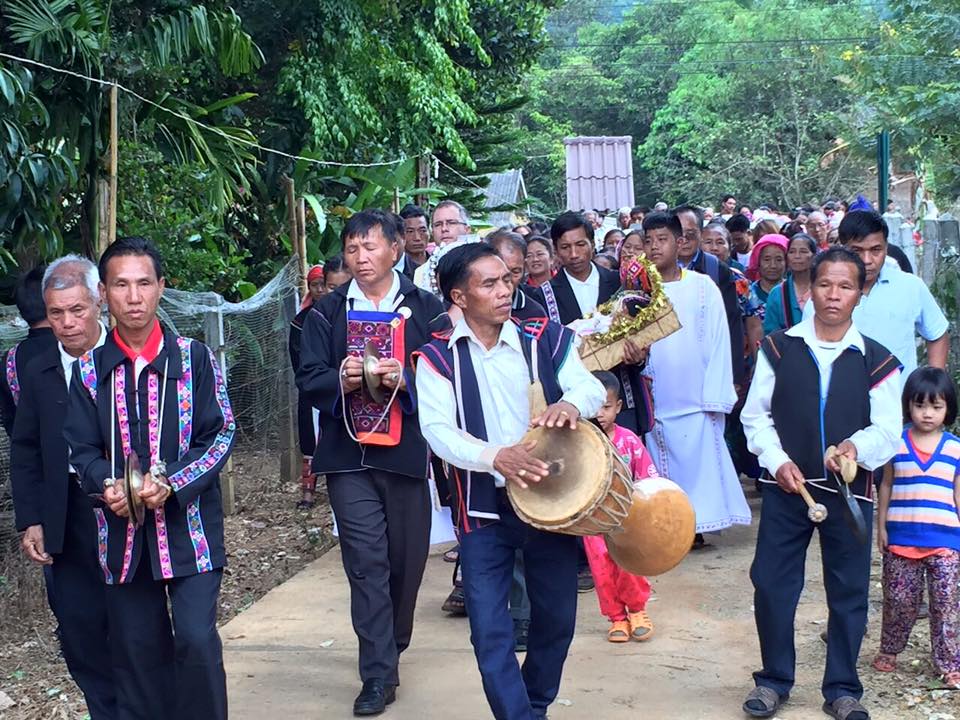
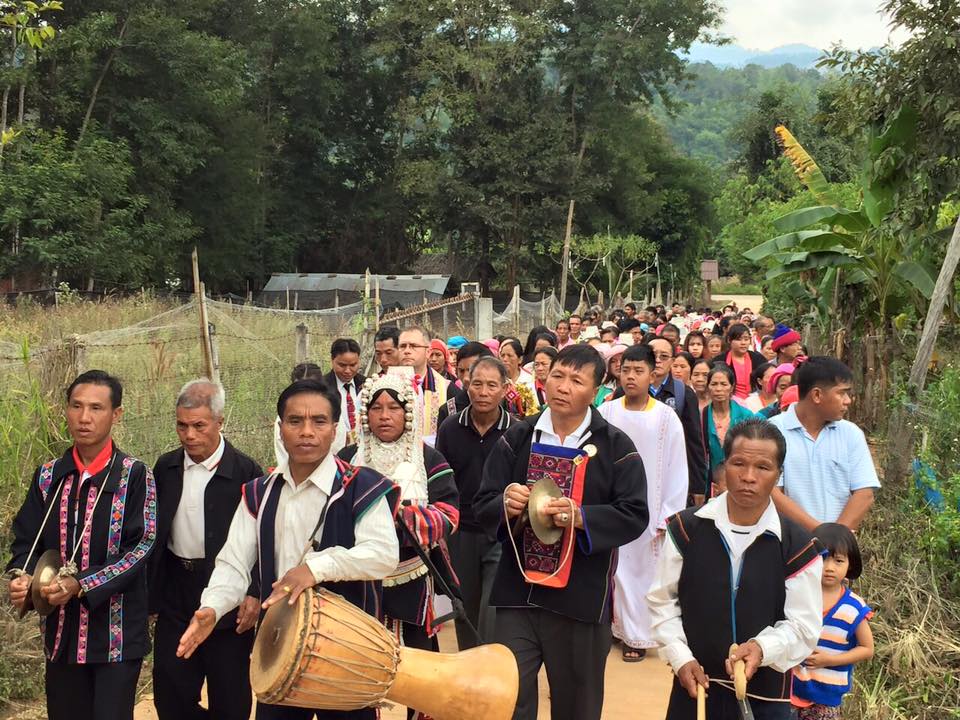
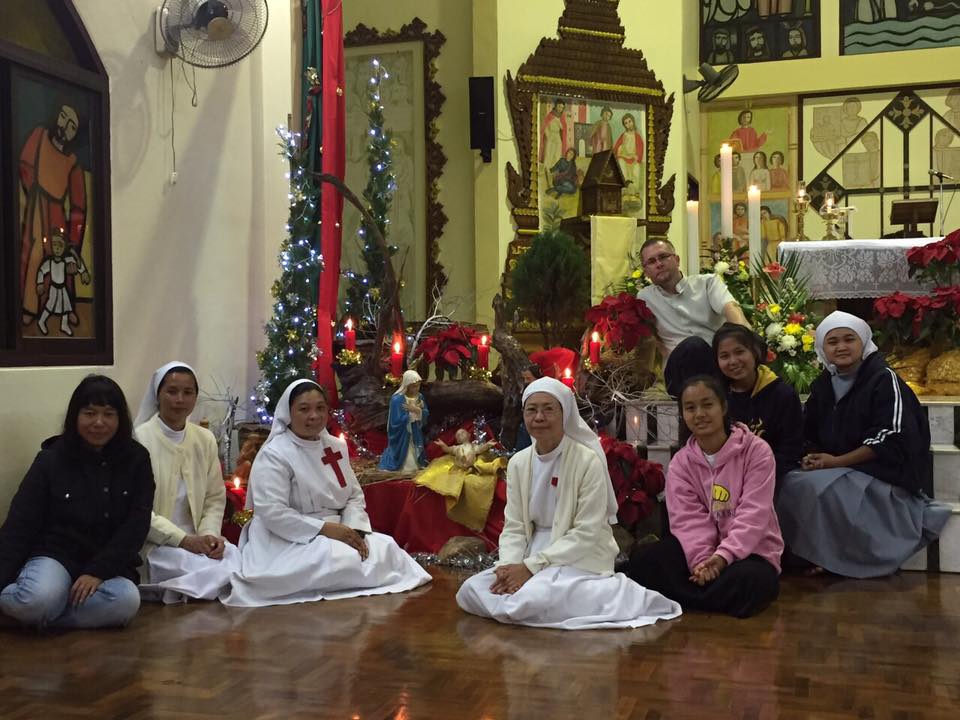
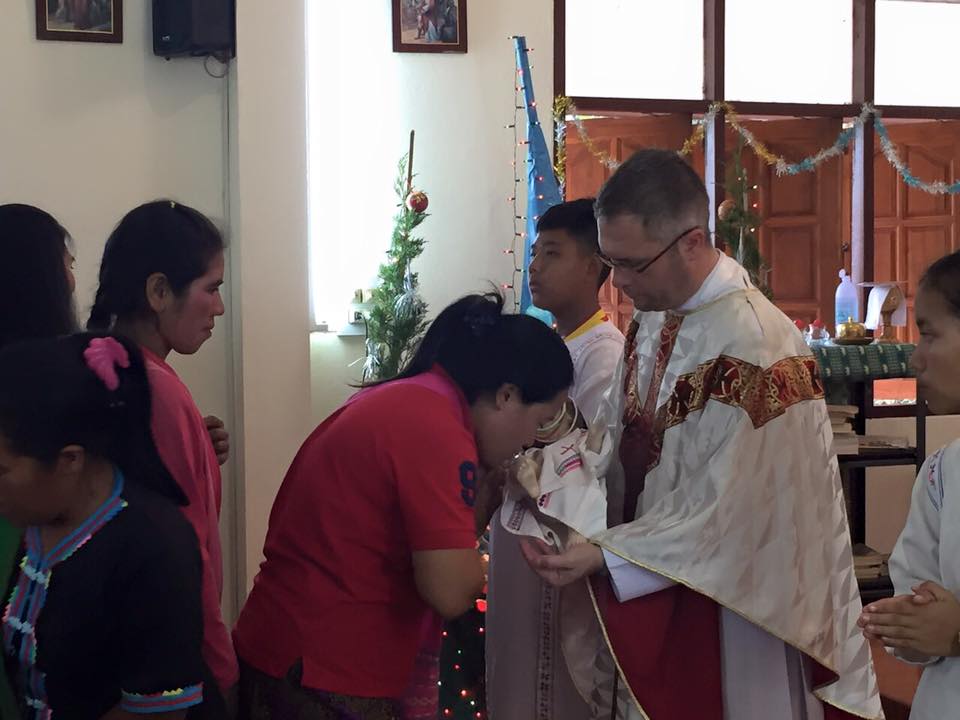
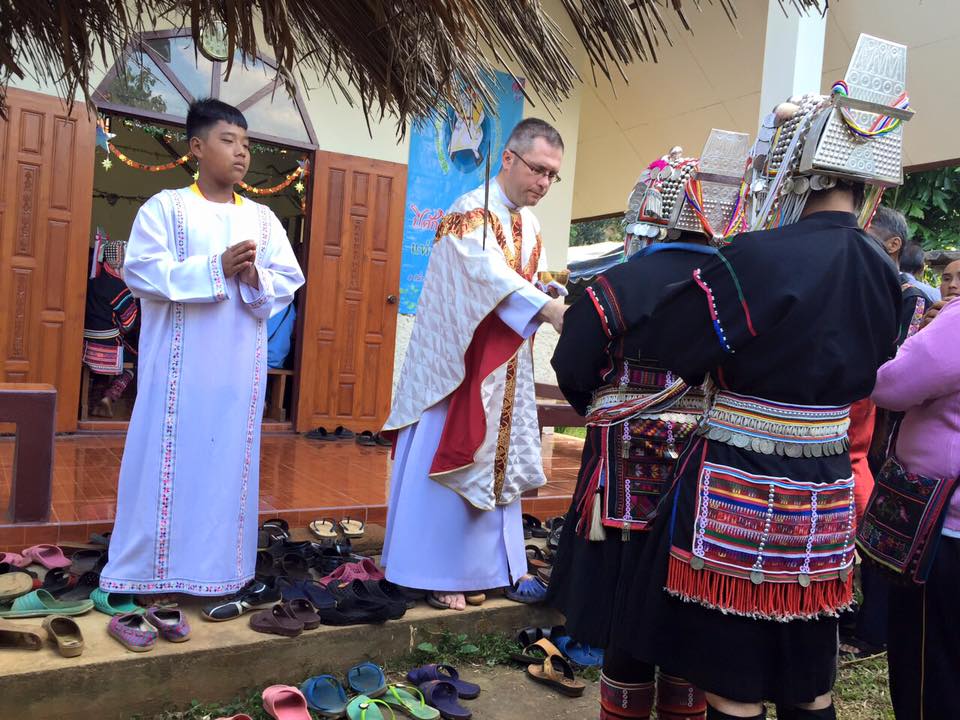
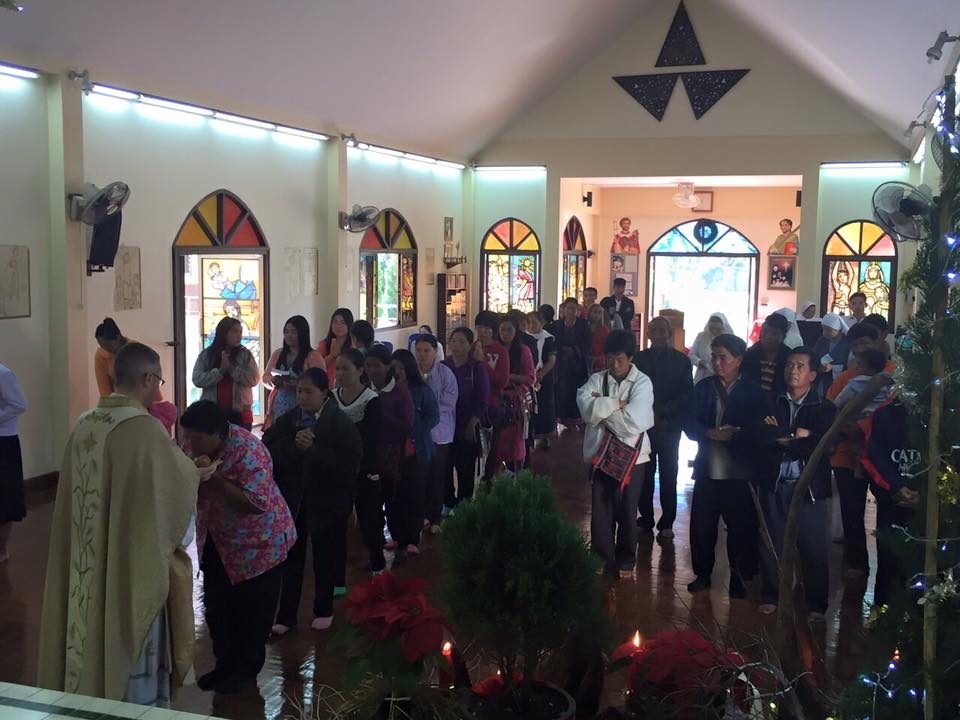

.png)










